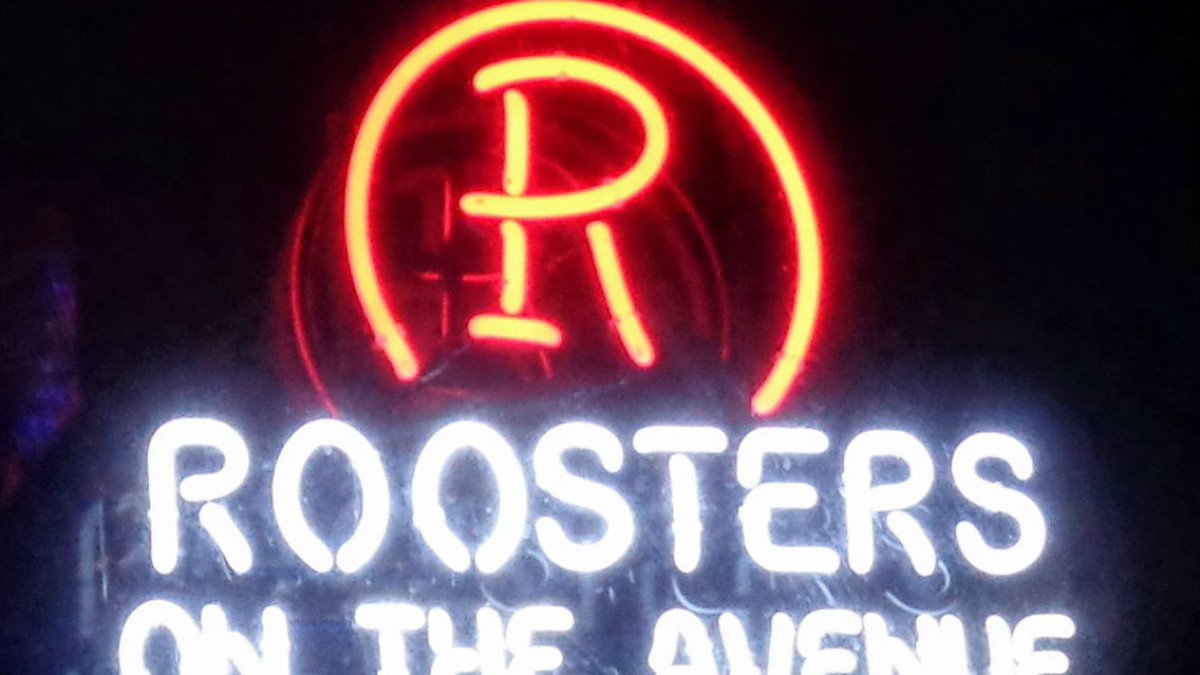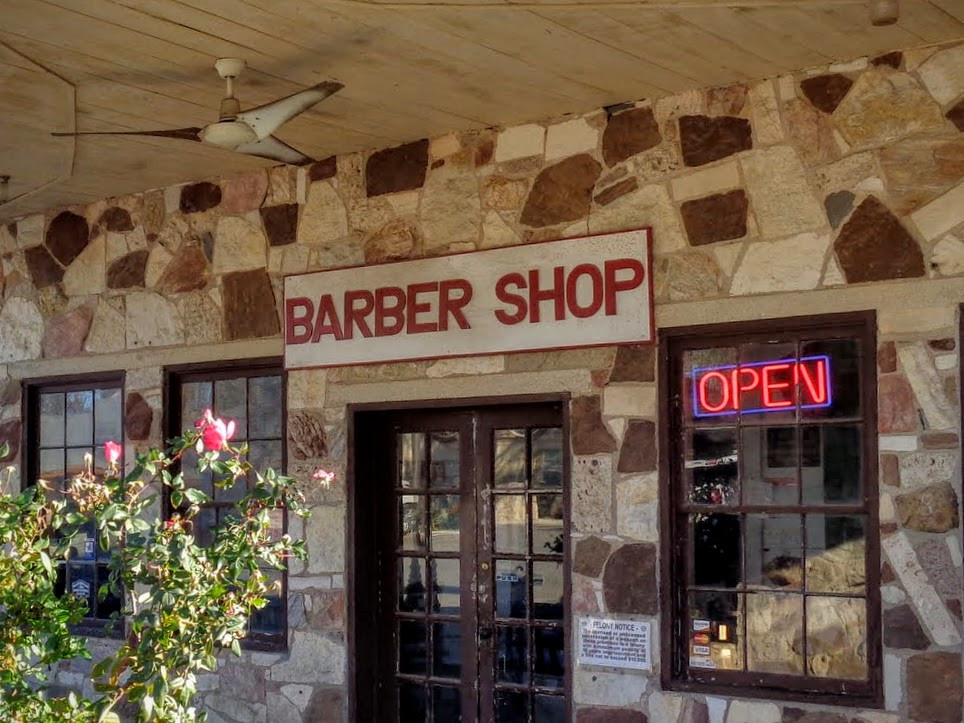
Where Everybody Knows Your Name
What we've learned about church by visiting bars
This year, my wife, Mindy, and I are visiting a church in every state in order to see what God is doing in the Church in the United States. We decided to go to a bar in every state, too, because we thought that people in bars might, perhaps, give us another viewpoint on the Church.
So, in every bar, we ask people two questions: “What makes for a good bar?” and, “Whether you go or not, what do you think would make for a good church?”*
A common answer to our bar question is: “A place like ‘Cheers,’ you know, where everyone knows your name.” (For those who don’t get the reference, “Cheers” is a sitcom that went off the air 20 years ago but is still referenced with amazing regularity in bars. Netflix seems to be keeping it alive.)
When we ask what makes for a good church, there’s sometimes visible surprise on people’s faces as they respond: “Huh. I guess the same thing.”
And the conversation often turns to their own experiences with churches and church people.
That’s what many people are looking for in a church: a place where people know their name, a community.
Crisscrossing the country
In Dripping Springs, Texas, we visited a bar called The Barbershop, because that’s what it used to be. There’s a chalkboard on the wall to mark when someone comes in mistakenly looking for a haircut (dozens have).

Alisha, our bartender, was alert to the needs of her customers (keeping a special eye on a young child brought in by his father, something you can do in Texas). She thought over our church question for a bit.
“What would make me want to go to church?” she finally answered. “That’s a hard one. Maybe if it was open-minded and let you share your thoughts and feelings without being judged. I lived in Utah with Mormons and in New Mexico with the Catholics, and I’ve been with Baptists. If you’d convert to be like them, they’d be all over that. But I wanted them just to accept me for me.”
Yelp had warned us that we might come out smelling like ashtrays after visiting Ned’s, in Tahlequah, Oklahoma. The bar, however, had just instituted a no-smoking policy, so the air was clear, and the smoking area on the patio in the back was popular.
One customer in her late 30s said that when she first arrived in the area, the only job she could get was as a waitress. So Kathlene scrambled to work enough hours to get by. A group of church ladies sat at her table after services one Sunday, and one of them advised her, “Dear, you really shouldn’t work on Sundays.” Kathlene said that in Tahlequah, people tended to go to either church or the bar, not both.
In Philadelphia we went to the dark and smoky Paddy’s Pub (the bar that claims to be the model for another sitcom, “It’s Always Sunny in Philadelphia”). Casey was sitting next to us and claimed a fondness for dive bars.
When we asked about church, he told us about his uncle, who had moved to Birmingham, Alabama, nine years ago. Shortly after Casey’s uncle moved in, a neighbor woman had come to his house with a basket of goodies and a list of all the Baptist churches in town. After he told her he was Catholic and gay, she snatched up her basket, turned and left. Even though they are still neighbors, they haven’t spoken again.

Bar patrons who love churches
We’re grateful, though, that we have heard good things about churches, even in bars. Some people expressed admiration for church architecture or music. J.P., the young, personable bartender at the QuarterDeck in Long Beach, Mississippi, told us he grew up in a Baptist orphanage. “I’m the product of donations,” he said—expressing appreciation for everyone who had put money in church offering plates, because it paid for his food and lodging in a home he truly appreciated.
At Afternoones, a bar in Staten Island, we met Doug, a hairstylist who had come in that evening because Thursday night is pork chops night. He’d had a busy few weeks at work during wedding and graduation season, and he’d been glad to relax with a meal and a drink. When I asked what made for a good church, he was eager to tell me about Salem, the Evangelical Free Church he belongs to. “Within three weeks, people knew my name. They knew me and seemed to genuinely care about me.”
From what we’ve heard around the country this year, that’s what many people are looking for in a church: a place where people know their name, a community.
Sadly, sometimes bars do a better job than churches at being welcoming, at providing an opportunity for conversation and at nurturing a safe, nonjudgmental atmosphere.
Maybe, in those respects at least, churches might become more Cheers-y?
* In each church we visit, we’re more likely to ask why someone attends and what he or she thinks the church’s strengths are. We don’t have as much chance to talk to people at church, oddly enough. We began our journey from California on the last days of 2015 and have been on the road ever since. We plan to be back in Santa Rosa, California, in time for Christmas 2016. You can follow our adventures at our two blogs: deanandmindygotochurch and deanandmindywalkintoabar.
Send a Response
Share your thoughts with the author.